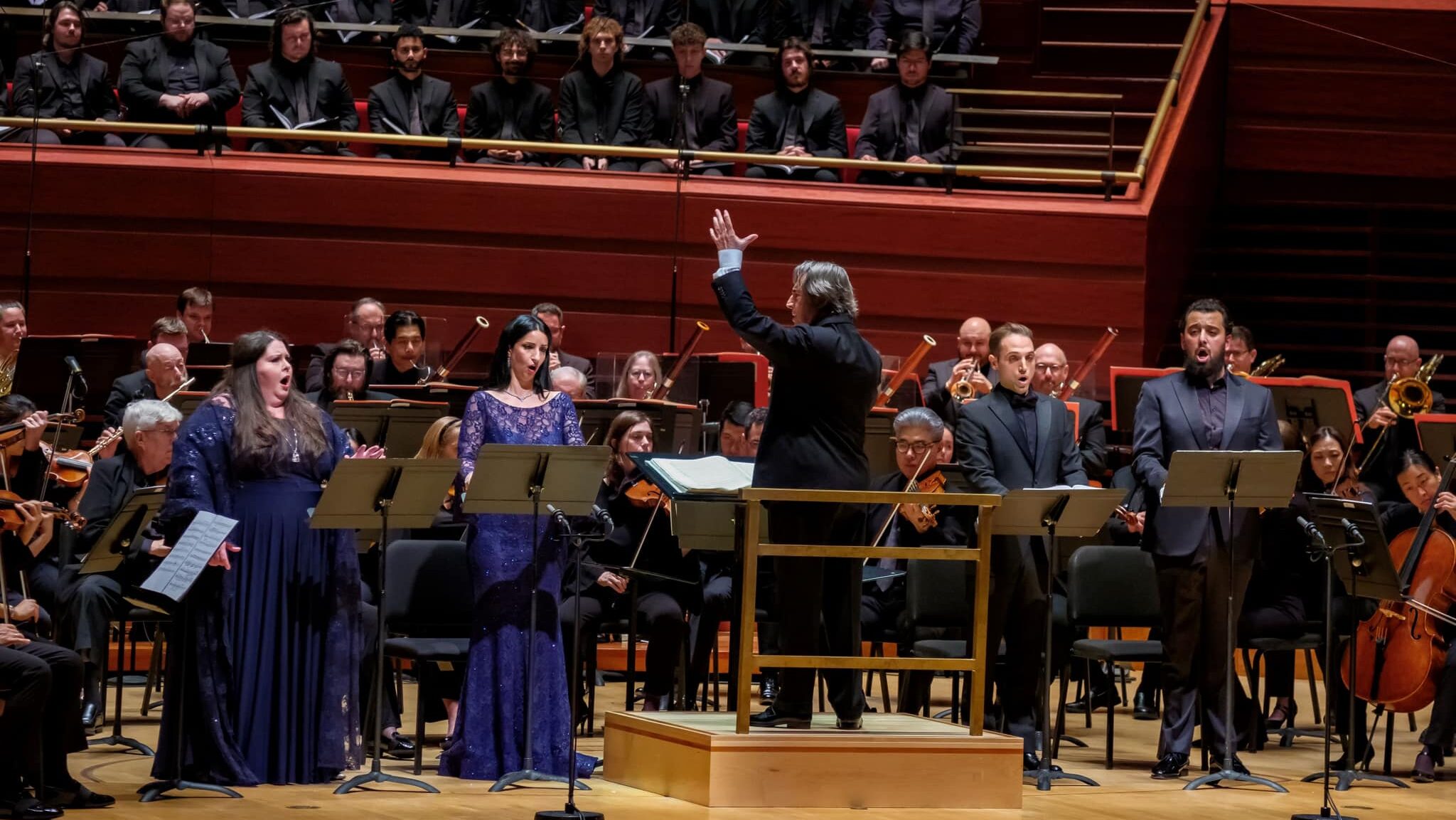

It was a bright, sunny, and unusually warm day in Ann Arbor, mid-afternoon.
Headed to my mom’s place, I was waiting for the traffic light at the intersection of South Seventh and Huron Streets. I heard the notification signal on my phone. Someone had tagged me, and I went to the link: EDITA GRUBEROVA IST TOT.
An immediate feeling of having my gut punched, I gasped, then broke out into a cold sweat. No, it can’t be, it’s one of those internet pranks. Or so I fervently hoped. I hastily checked Google – confirmed.
All at once a tidal wave of emotions – abject grief, despair – washed over me, and this strange, guttural shriek emerged from my throat. My mind reeled and careened about madly, accompanied by a surreal roaring in my ears, and I felt as if I were on the verge of completely losing it.
The light changed, and after getting honked at, I lurched forward to go and it was all I could do to keep focused on the road and traffic, onto my destination. Shock had set in, and my mom was alarmed when she saw the expression on my face. A great, crashing meltdown ensued.
There is no doubt that, for the next several months, I resided in a hellish state of PTSD. Sleep was fitful, frequently interrupted by nightmares. Edita had died of a head injury as the result of a fall in her beloved garden, and the horrific images of that wouldn’t leave me.

With daughters Klaudia and Barbara.
It seemed like a vicious curse of the Fates, one worthy of an operatic plot tragedy, only this was bleakly real.
Edita had been retired from her career just under two years previous, and free at last to devote full-time to her favorite roles of all: as mother and grandmother. Favorite place: not, firstly, the opera house but at home and in her beloved garden. Edita spent her childhood singing amongst the grapevines in her village outside of Bratislava, and to the end of her life remained a passionate gardener, digging in the earth and planting flowers.
One thing I’m absolutely certain of: Edita was not going to spend her retirement listening to her recordings late at night until all hours, drinking wine and reflecting back with longing nostalgia.
Edita considered her greatest pride and loves not her career but her daughters Klaudia and Barbara and grandchildren Cris, Denis, and Alyssa.
For her, the career was not about how famous she became or being in a number of categorical “greatness,” her place in the pantheon of esteemed artists, but her acute sense of responsibility: in serving the composer, the music, the ensemble, representation, and most of all, to the public.
Her fundamental ethic was to do her job as an artist, the attitude being that people travel, and pay money for her to be at her very best. This came from her latent, deeply-inborn sense of duty. To please, to deliver 1000%.

Barbara and Klaudia.
Her well-trod statement “I’m not happy unless I receive 20 minutes of applause” was misunderstood: they were not the words of an egotistical prima donna, but of an artist who wanted to make her audience happy. She kept singing high E-flats for which she was renowned even when they became hit-or-miss aims because she wanted to try anyway and make her audience happy.
She adored her public – “they made me.” Edita was known as “the people’s prima donna” because she socialized with and spoke to them, devoting an unusually inordinate amount of time signing autographs and posing for photos. Even when tiredness and exhaustion from the night’s performance was having her longing for bed and sleep, she prevailed to her loyal fans.
Edita was not “fame-ambitious,” but “doing-your-best ambitious,” to “earn” for what she was hired and paid to do. The fame and acclaim from which she had an utter detachment came not from marketing or publicity, but because of this earnest, sincere desire to please. It was this humble sincerity that garnered the fervent love and intense adoration of her public, of a sort which cannot be bought for any amount of publicity or money.
But Edita was both smart and wise about the things that were really important in life: your family, especially your own children that you created and brought into the world. There is no proper word for the immutable bond mother and children have, something infinitely, vastly greater than all the fame and success in the world. Edita noted to me ruefully of those who put all their energies exclusively into their careers but were alone and lonely when the career ended.
A few hours a few nights a week on a public stage is altogether another universe from the more numerous hours in the home with family. A career is a career, it comes, fades away and goes, but the bonds of kin, the very people who make your personal world, the passing of generations – this I felt was always uppermost in Edita’s being.
I remember so vividly in New York 1991, during the Met run of I puritani, when Edita was there all alone. At one point during our visiting and interview, she received a call from home. When she finished, she sighed and said, my daughters are missing me, they don’t like it when mummy is so far away.

With granddaughter Alyssa.
Edita herself got a little misty-eyed and said, quietly, “This is the most difficult part of my career. Always packing a suitcase, waiting at the airport with a newspaper, flying away from my daughters who need me so much, and I need them. Hotels are not home! It is unbearable at times, you know?”
The separation anxiety did, frankly, take a considerable toll on both mother and daughters. Conflicts often arose, pressures and stress occasionally getting to the acute level, and Edita at times seriously considered ending the international travel and singing only in Zurich, where she lived. In many cases her girls did travel with her, which then turned into joyous family holidays, but most of the time her daughters had to stay at home to attend school.
This is one of the reasons New York ceased to be on her travel itinerary. Not just being alone in a big, concrete jungle away from her familiar surroundings, but from those she loved.
There is that sense of being almost entirely on another planet (one of the other reasons she did not go back to the Met is that they refused her request to sing Donizetti’s Tudor queens; she had done almost all of her major roles there – Queen of the Night, Zerbinetta, Violetta, Lucia, and Elvira – after that, there was little else. Ironically, the Tudor queen operas were later given there).
The general public was hardly made aware of Edita’s devotion to her family. As per her overriding preference, she kept her home and family life entirely private.
I had a better sense than most of what this all meant to Edita, and I realized that my grief, shattering though it was, was nothing compared to the sorrow I felt for her family. Such a vicious twist of fate: first they lost her to absences to the stages of the world, and then their mother’s life, cruelly cut short.
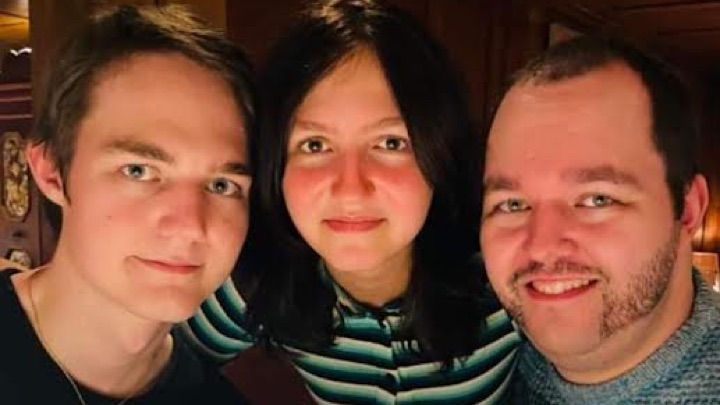
Grandchildren Denis, Alyssa, and Cris.
While Edita nevertheless derived great satisfaction and pleasure by the responses from her public, her happiest times were spent at home. Despite the difficulties of managing all the variables and circumstances of their lives, home life was nevertheless filled with love and laughter.
Daughter Klaudia remembers Christmas Eve as being the most special time of all, when her mother cooked a splendid feast, and all gathered together around the Christmas tree.
When Edita became a grandmother, her joy was boundless. In fact, one telling instance of where her priorities lie came the day on October 13, 2001, when she left me a long voice message, excited, effusive about the birth of her grandson Denis. The message was so touching, so much the real Edita, that I saved it to a CD:
Full permission granted by the family for publication here.
Telling, because not once did she make a similar call to me in all the years I knew her of any of her successes on stage; in fact, I had to practically beg her to tell me how a series of performances went -”It went well” was all she would say.
Then I would find out via reports or fans of just how outrageously successful those performances were! Edita’s modesty and humble nature was real; she was incapable of promoting herself. But I can honestly say that her news of a grandchild was just about the happiest I’d ever heard her be.
More to follow tomorrow!

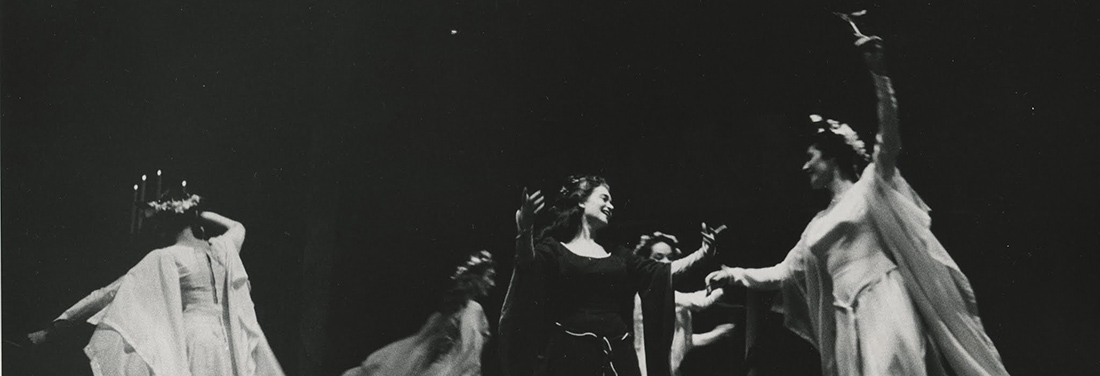
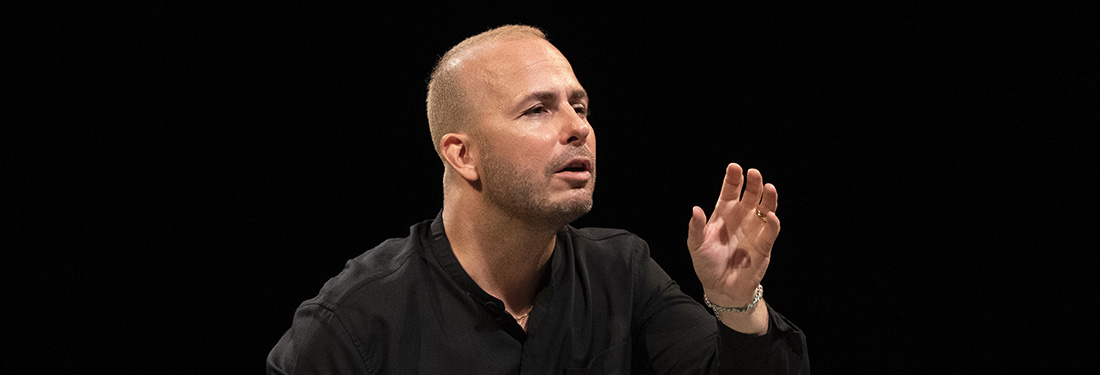
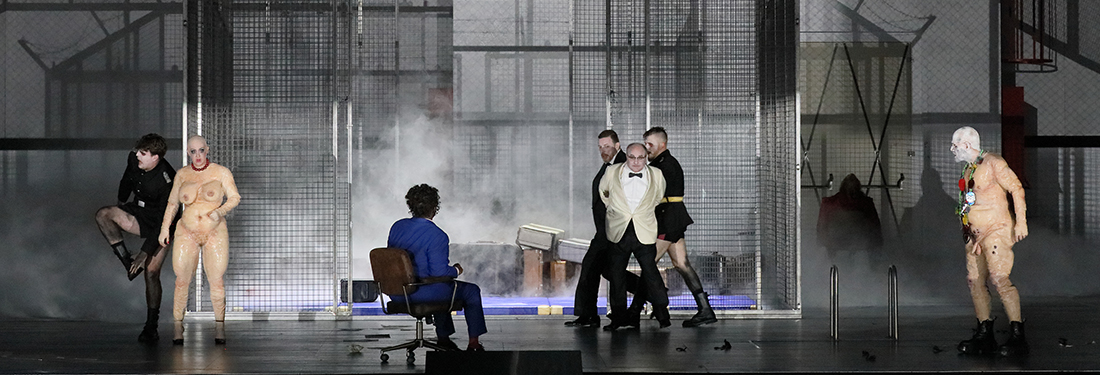
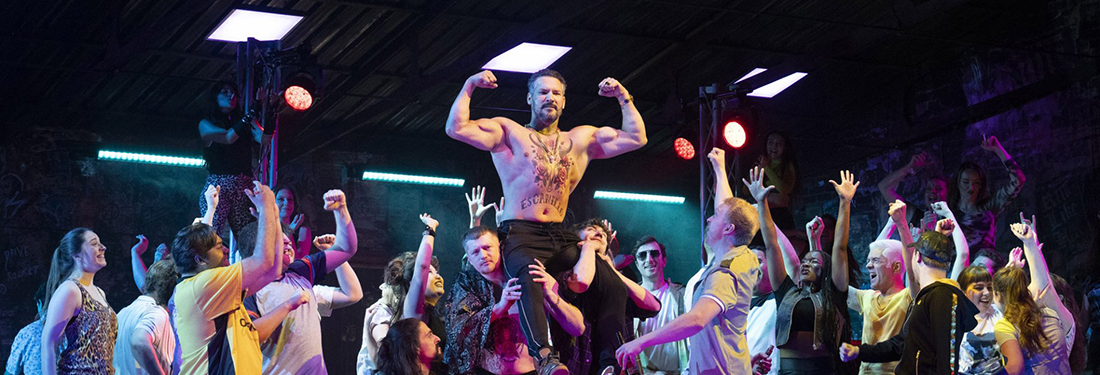
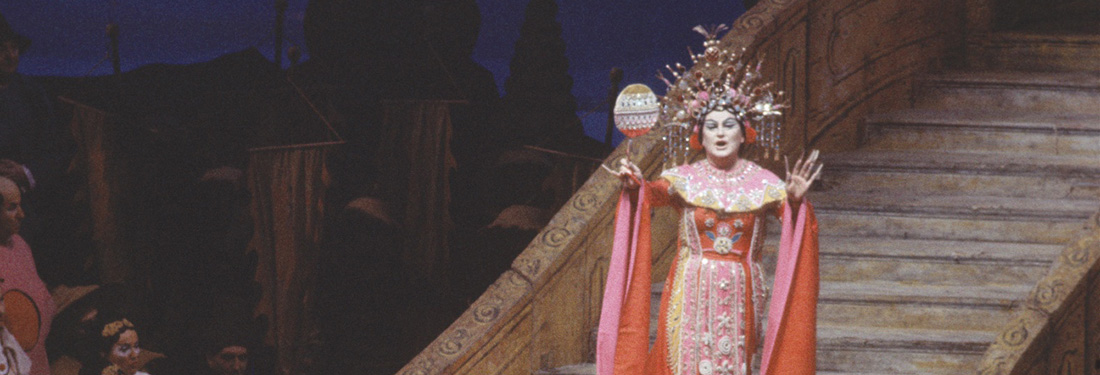

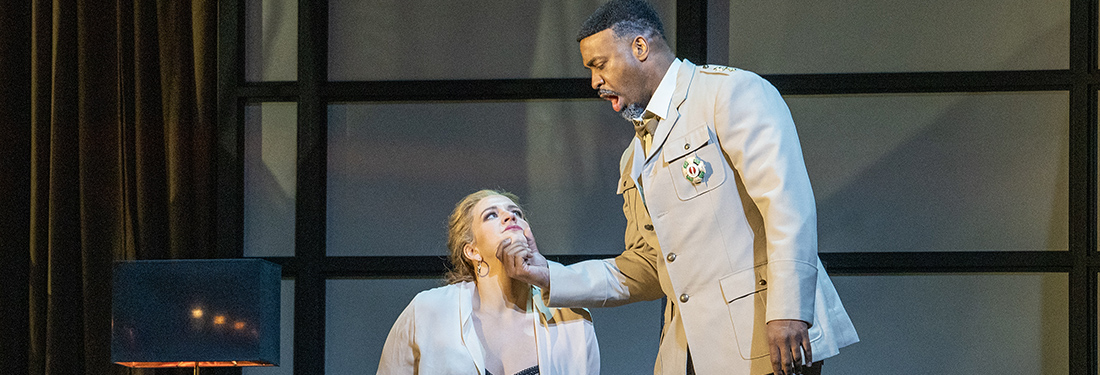
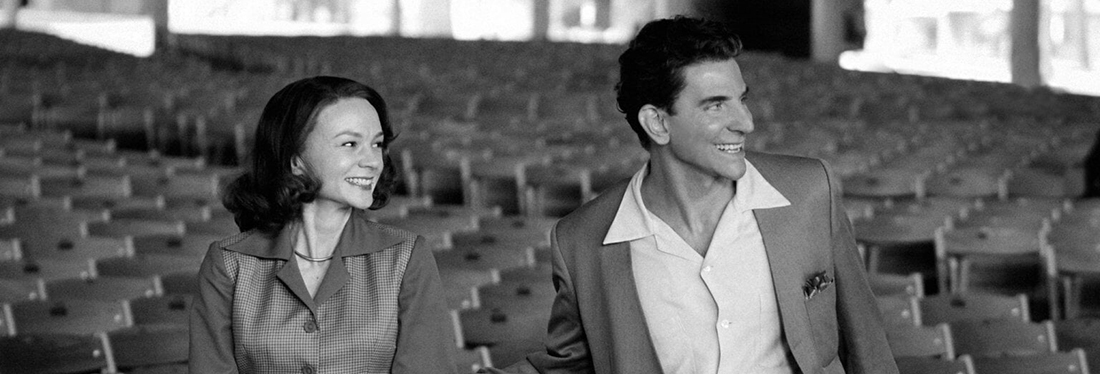
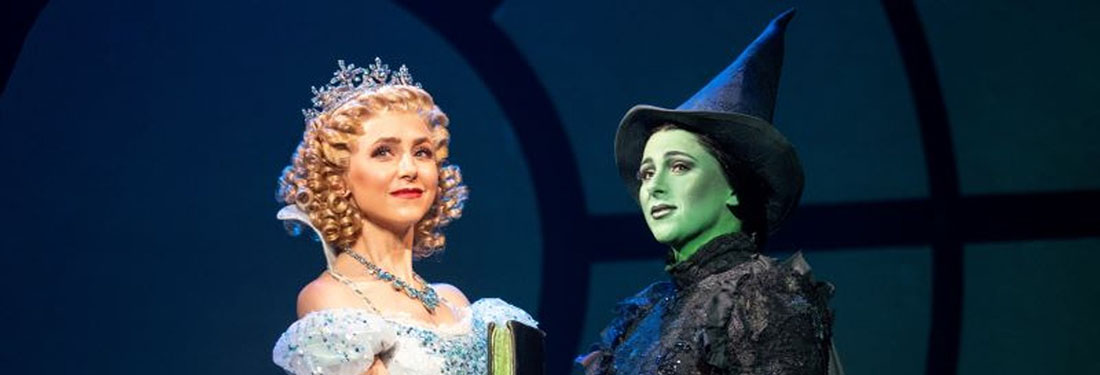
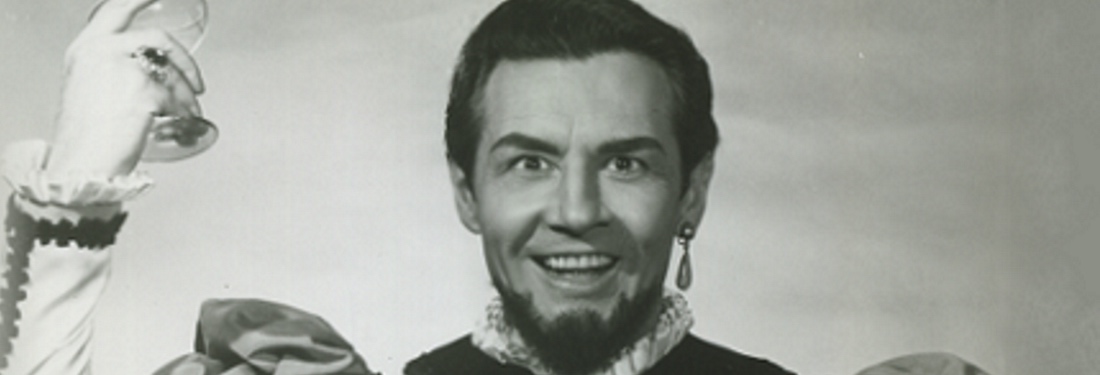
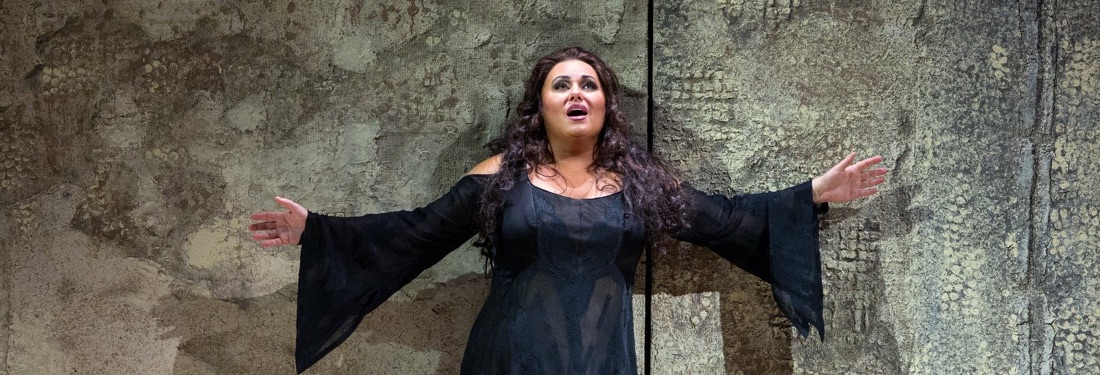









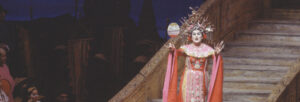




Comments